The World Health Organization (WHO) has officially declared mpox a Public Health Emergency of International Concern (PHEIC). This announcement, made on Wednesday, conveys the urgency of addressing the rapidly spreading virus.
WHO Director-General Dr. Tedros Adhanom Ghebreyesus accepted the Emergency Committee’s recommendation, marking a significant step in the global response to mpox.
Rising mpox Cases Across the Globe

rawpixel.com/Freepik
Mpox cases have surged globally, with the United States reporting 1,634 cases so far this year, more than double the number from the same time last year. Although this is a significant increase, it’s still lower than the 2022 outbreak.
Meanwhile, the Democratic Republic of the Congo (DRC) has reported over 14,000 cases and 524 deaths, highlighting the severity of the situation in Central Africa.
mpox in Africa: The Epicenter of the Outbreak
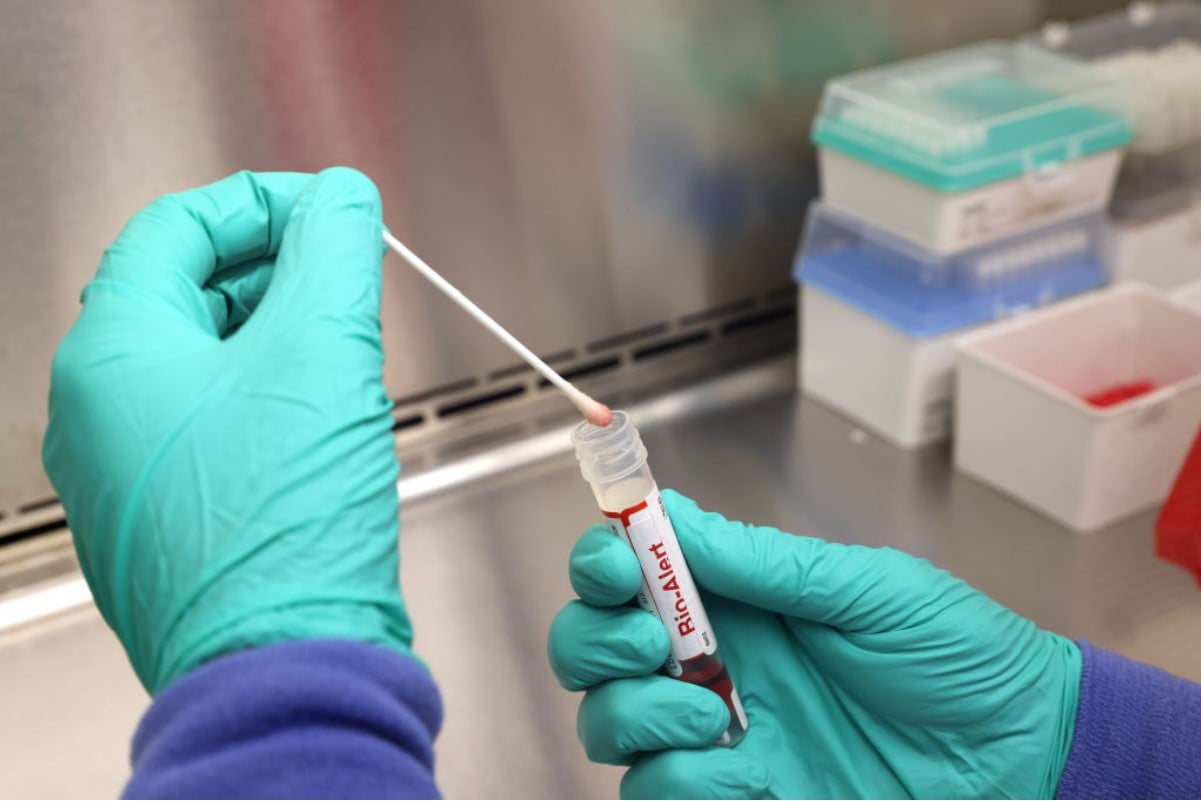
The DRC has become the epicenter of the current mpox outbreak, where a new variant, clade Ib, has been identified.
This variant is spreading rapidly, particularly through sexual contact. The WHO’s concern grew when clade Ib was detected in neighboring countries like Burundi, Kenya, Rwanda, and Uganda — nations that had not previously reported mpox cases.
The WHO’s Global Call to Action
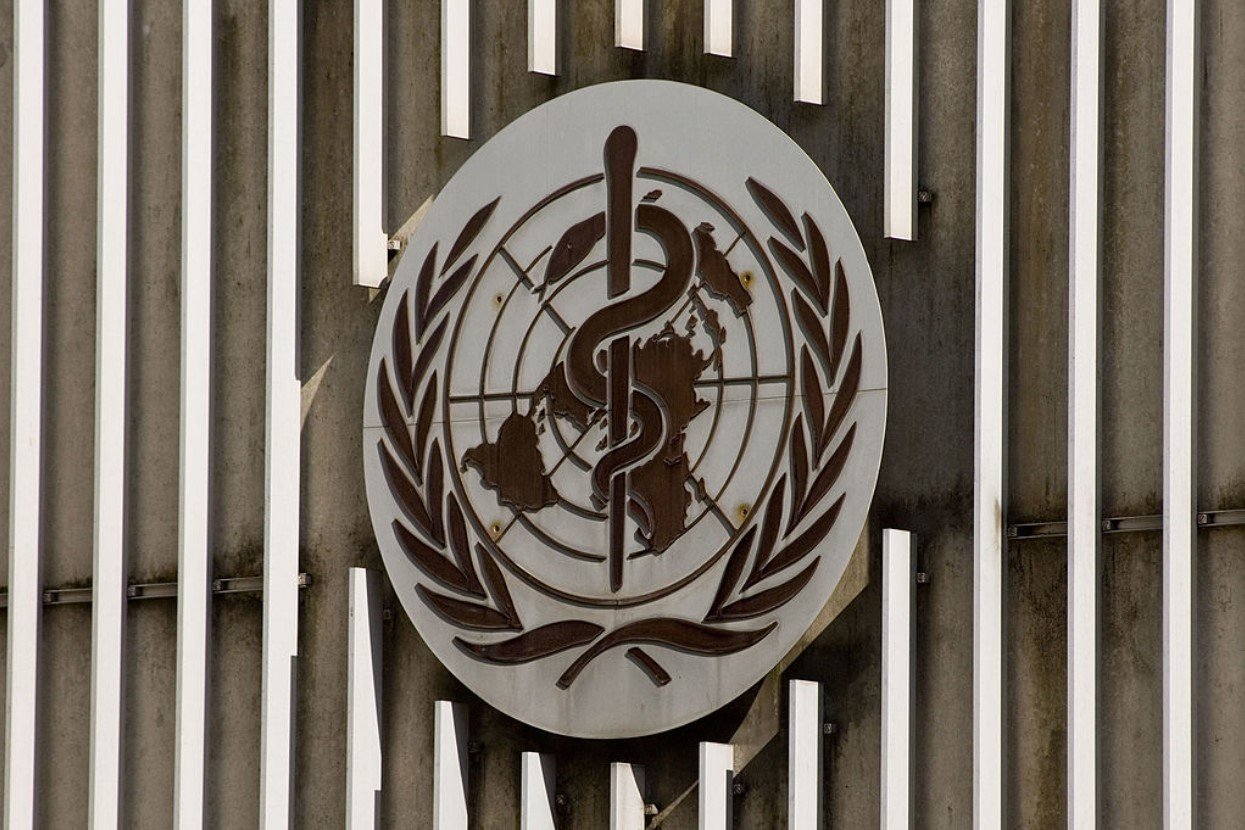
WHO Director-General Dr. Tedros Adhanom Ghebreyesus called for a coordinated global response to curb the spread of mpox. He emphasized the need for international cooperation, particularly in Africa, where the health system is already under strain from other public health challenges.
The WHO’s declaration aims to mobilize resources and awareness to prevent further escalation.
mpox vs. COVID-19: Understanding the Differences
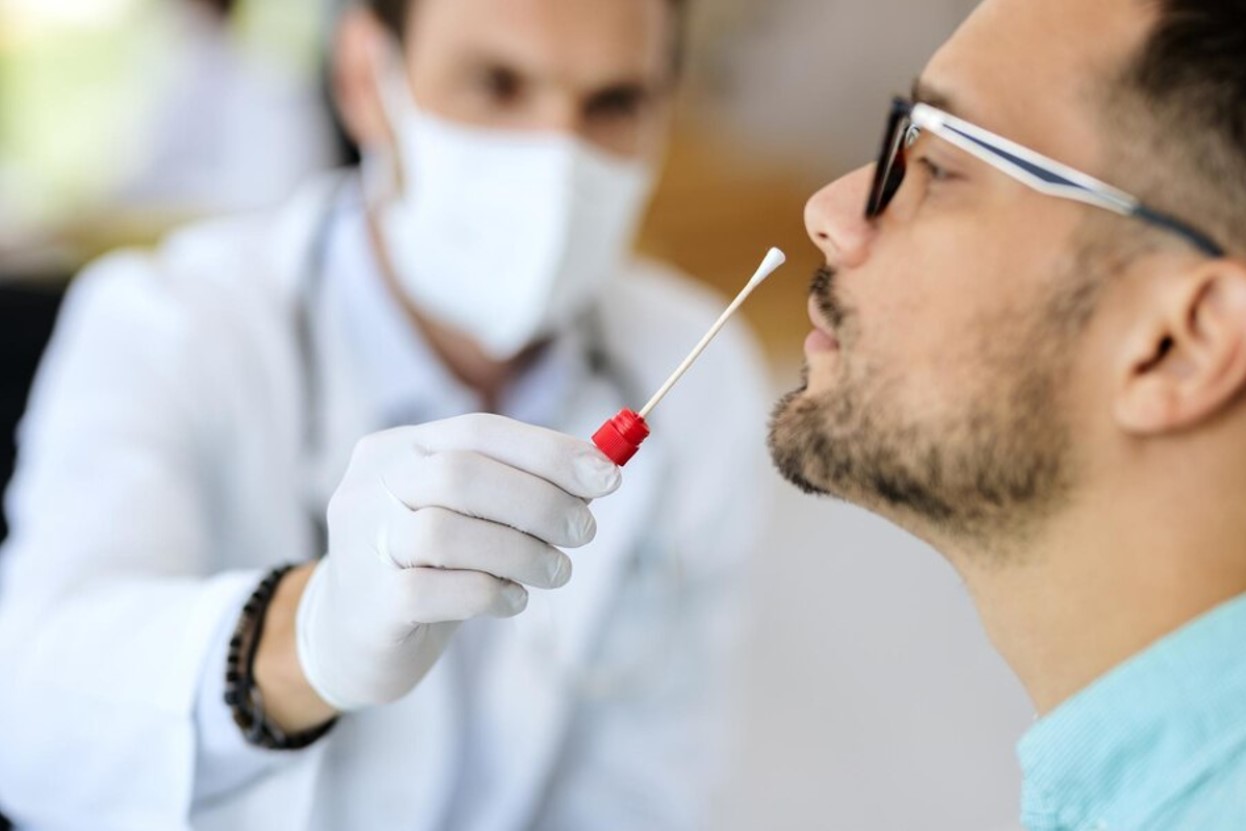
While mpox has garnered global attention, it differs significantly from COVID-19. Mpox spreads primarily through close skin-to-skin contact, unlike the airborne transmission of COVID-19.
Moreover, mpox’s slower spread and the visibility of symptoms make it less likely to trigger a pandemic. However, the WHO’s declaration highlights the potential for localized outbreaks and the need for vigilance.
The Role of Vaccination in Containing mpox
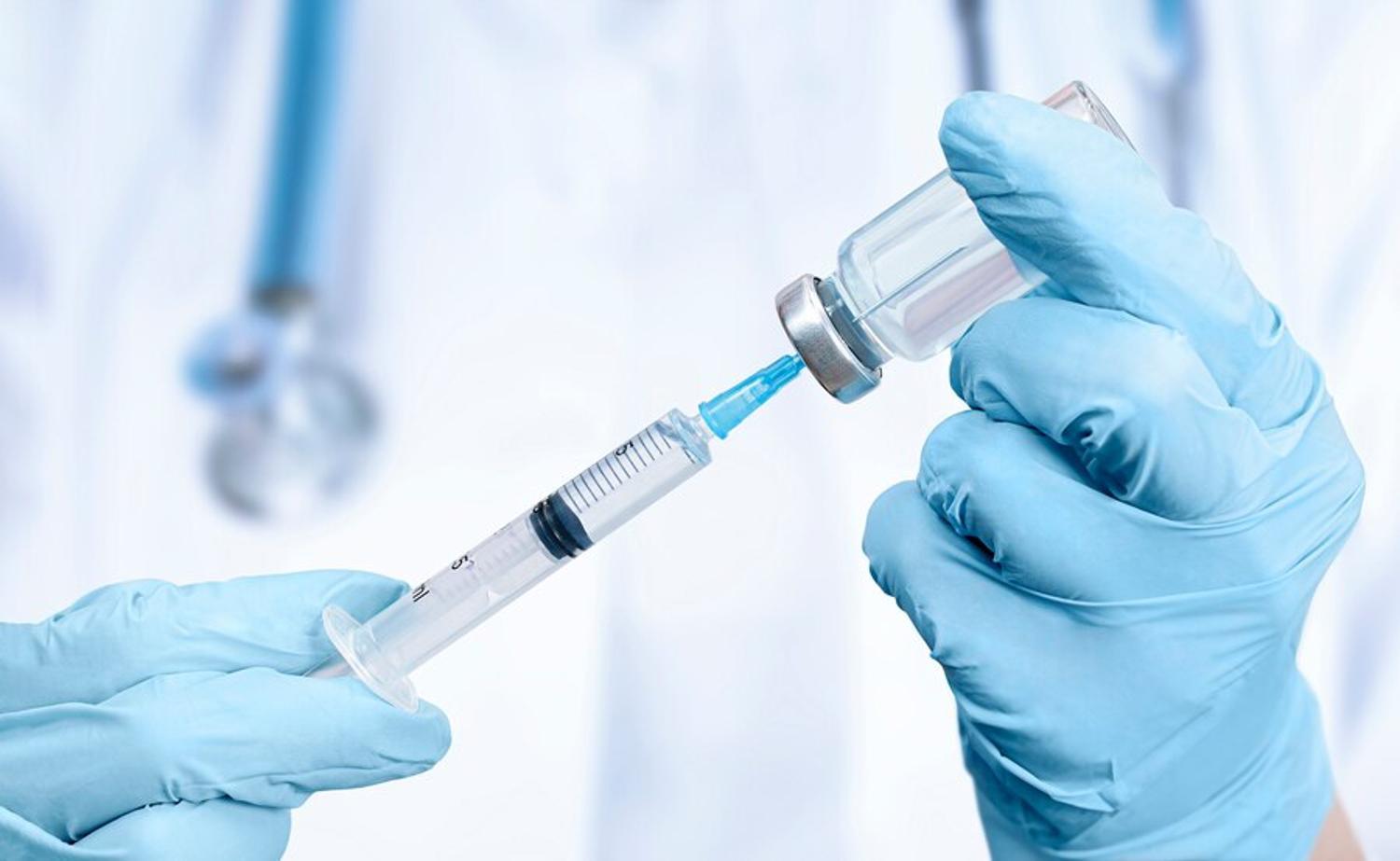
Vaccination plays a crucial role in preventing the spread of mpox. In the U.S., the JYNNEOS vaccine, a two-dose vaccine approved by the FDA, is being used to prevent mpox infections.
Data from Africa shows that two doses of JYNNEOS are at least 85% effective. However, in regions like the DRC, where the outbreak is severe, access to vaccines remains limited.
Africa CDC’s Unprecedented Declaration
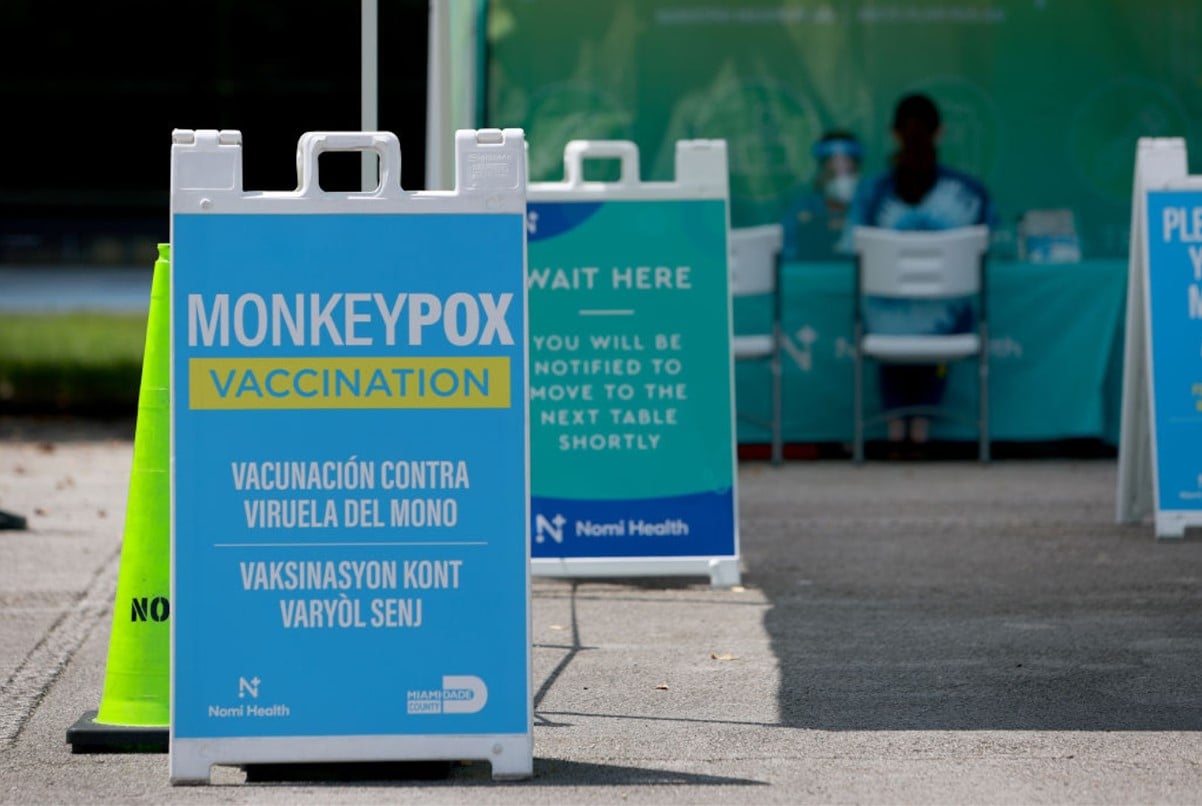
The Africa Centres for Disease Control and Prevention (Africa CDC) declared mpox a Public Health Emergency of Continental Security (PHECS).
This is the first such declaration since the agency’s inception in 2017.
mpox’s Spread Beyond Africa

The spread of mpox beyond Africa is a growing concern. Recently, Sweden reported the first case of a new form of mpox previously only seen in Africa, found in a traveler. European health authorities have warned that more imported cases are likely.
While the risk of widespread outbreaks in Europe remains low, the situation highlights the importance of monitoring and controlling the virus’s spread.
mpox in the U.S.
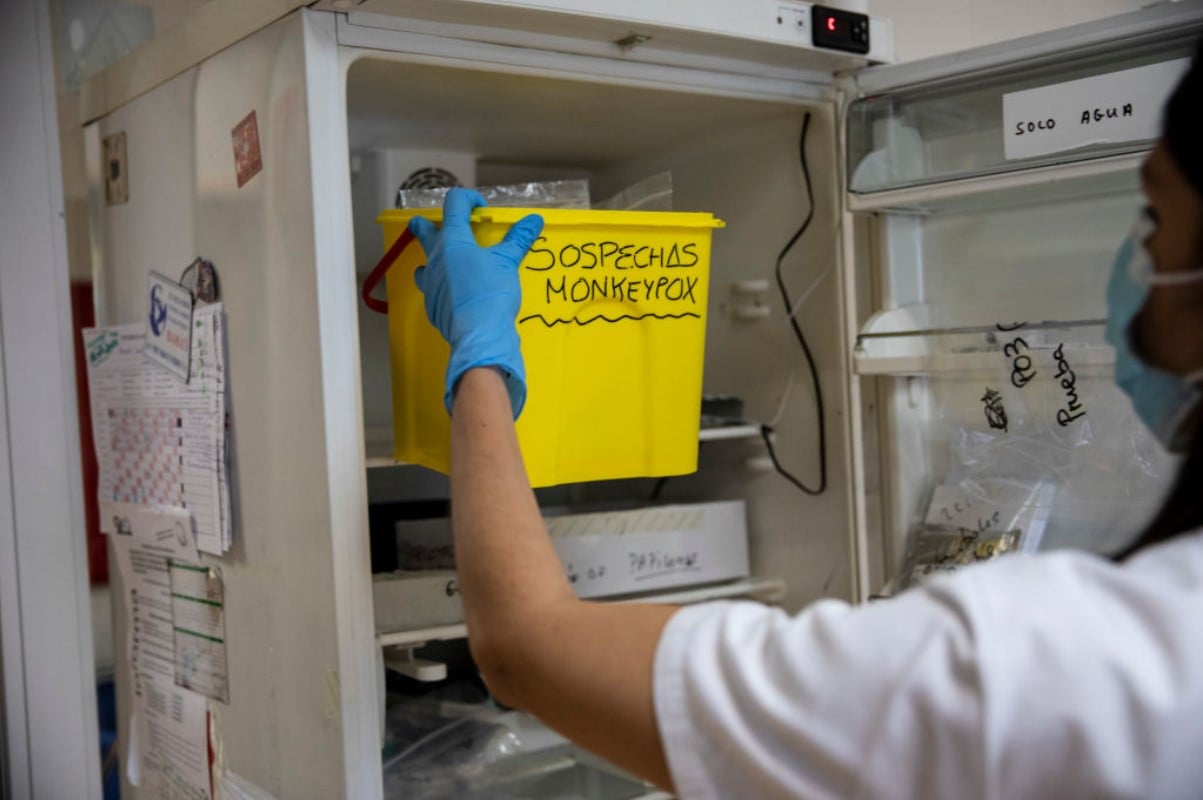
In the United States, the situation remains under control, but the rise in cases this year compared to last has prompted increased vigilance.
The CDC continues to monitor the situation closely, emphasizing that the risk of the clade I variant spreading outside Africa is low. The focus remains on vaccination and public awareness to prevent further outbreaks.
The Impact on Public Health Systems in Africa

The mpox outbreak in Africa, particularly in the DRC, has placed an enormous strain on already struggling public health systems. With over 14,000 cases and more than 500 deaths, the DRC’s health infrastructure is overwhelmed.
The lack of access to vaccines and treatments further complicates efforts to control the virus, highlighting the need for international aid.
The WHO’s Strategy Moving Forward
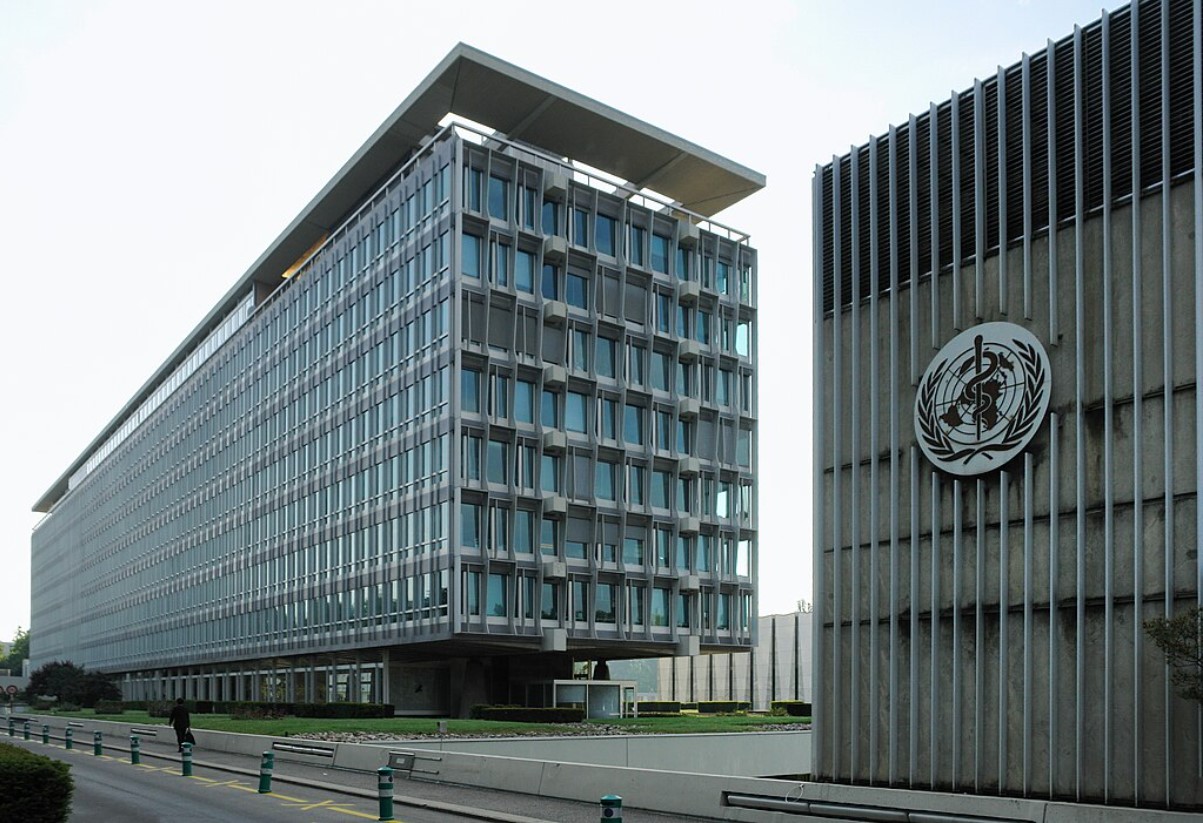
The WHO is focusing on a multi-faceted strategy to combat mpox, including increasing vaccine distribution, raising public awareness, and strengthening health systems in affected regions.
Dr. Tedros emphasized the importance of a global response, noting that while the risk of a global pandemic is low, localized outbreaks could have devastating consequences if not addressed promptly.
A Call for Global Solidarity
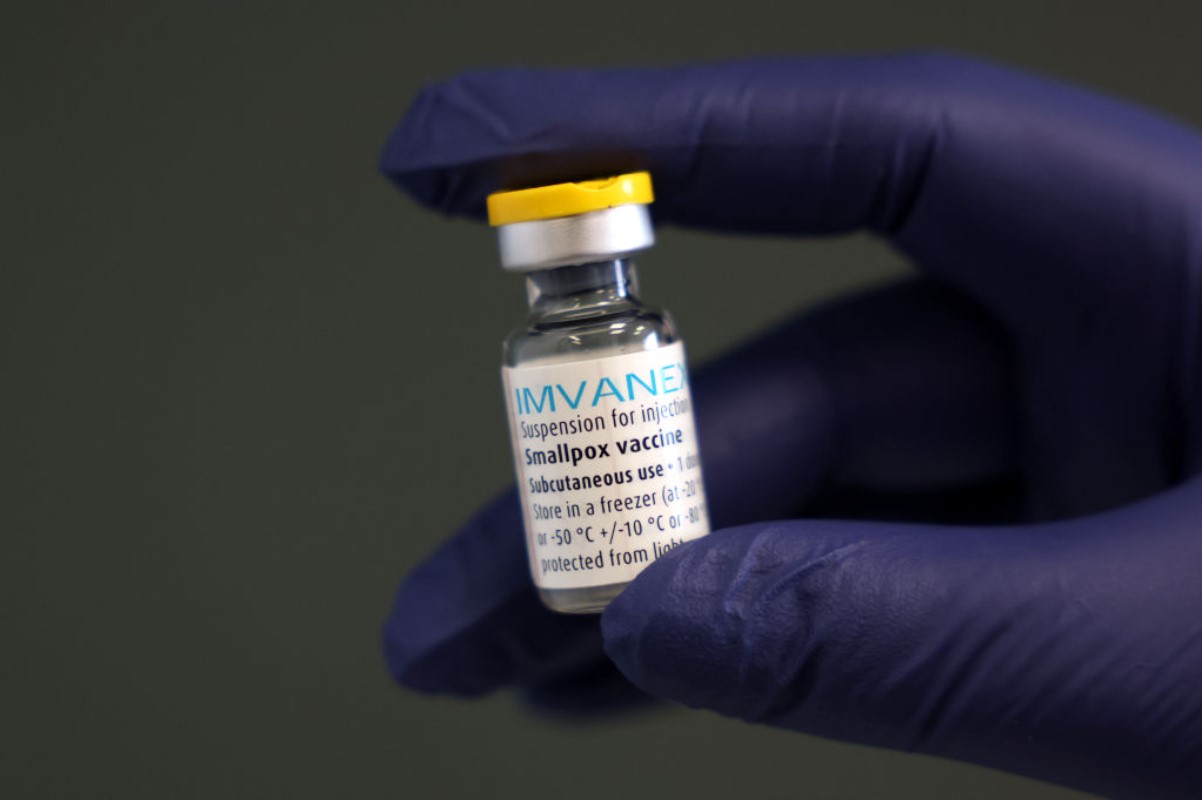
The WHO’s declaration of mpox as a PHEIC is a call for global solidarity. The international community must come together to support affected regions, particularly in Africa, where the virus is already spreading rapidly.
By providing resources, vaccines, and expertise, the global community can help slow and prevent further spread and protect vulnerable populations from this emerging threat.








































